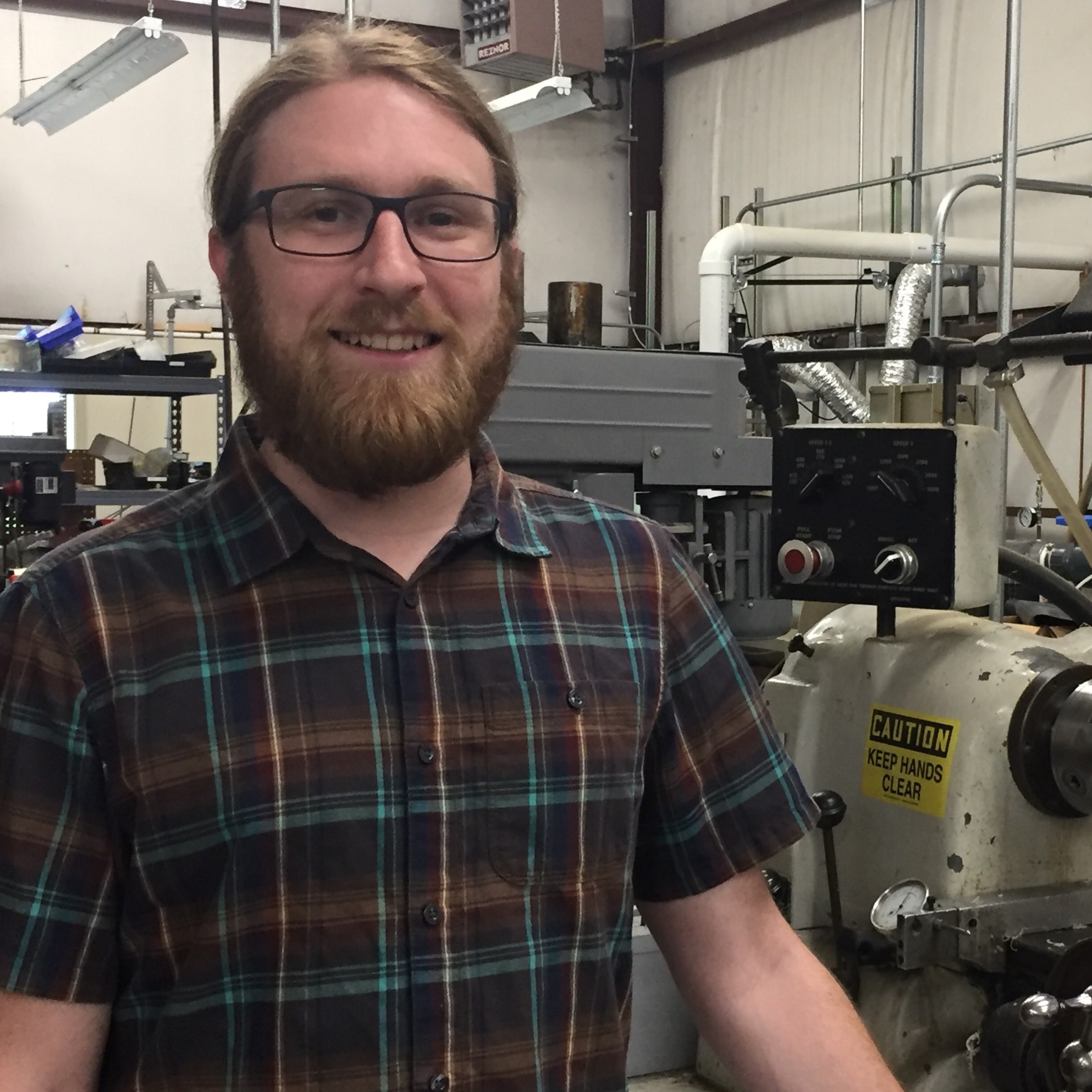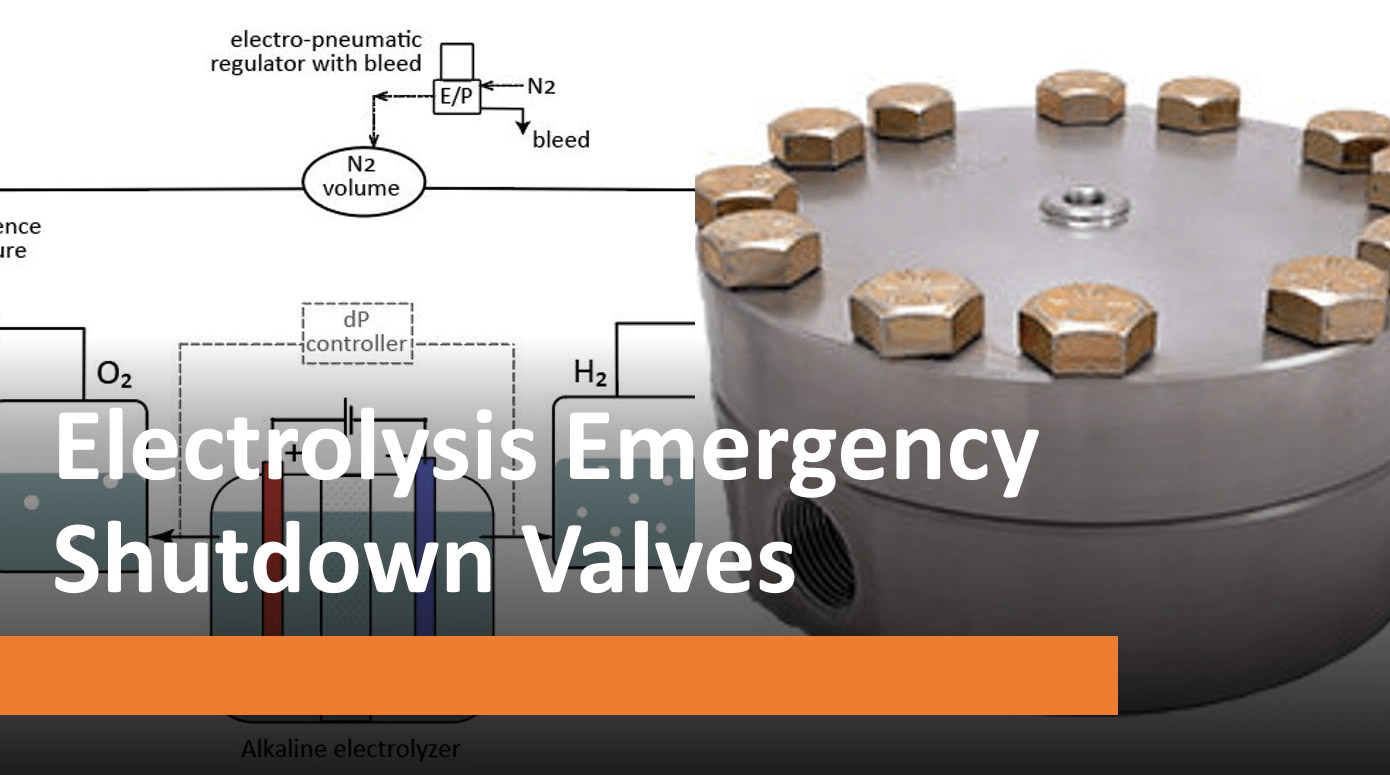
Zac Cobb earned a degree in mechanical engineering from the University of Tennessee at Knoxville. It was during college that Zac began working with a blacksmith and learned the crafts of welding and fabricating metal. He eventually began making sculptural jewelry and other metal artwork and moved to Asheville to work as a professional artist. Later he also worked as a machinist for Industry Nine, a company that designs and manufactures custom cycling components for serious mountain bikers around the world.
In his role at Equilibar, Zac says he is able to integrate the hands-on aspect of metal working with a scientific approach to problem solving. “I’ve always enjoyed using my hands to learn how things work but I’ve also always enjoyed math and science,” he said. “Engineering is especially interesting to me because it provides intellectual tools to understand the physics involved.”
Given Zac’s diverse background, it’s not surprising that he has a unique perspective on ways to effectively bridge the gap between engineering and production. “At Equilibar, I’m definitely looking forward to working with customers on applications, but my personal goal is to use my manufacturing knowledge to find clever solutions that will benefit both production and engineering and make the process work optimally for everyone.”
Zac says he is especially interested in fuel cell technology, alternative energy and other green initiatives.
In his free time, Zac hikes and mountain bikes in Pisgah National Forest. He also enjoys exploring Asheville’s diverse food scene and he continues to create jewelry and sculpture.







